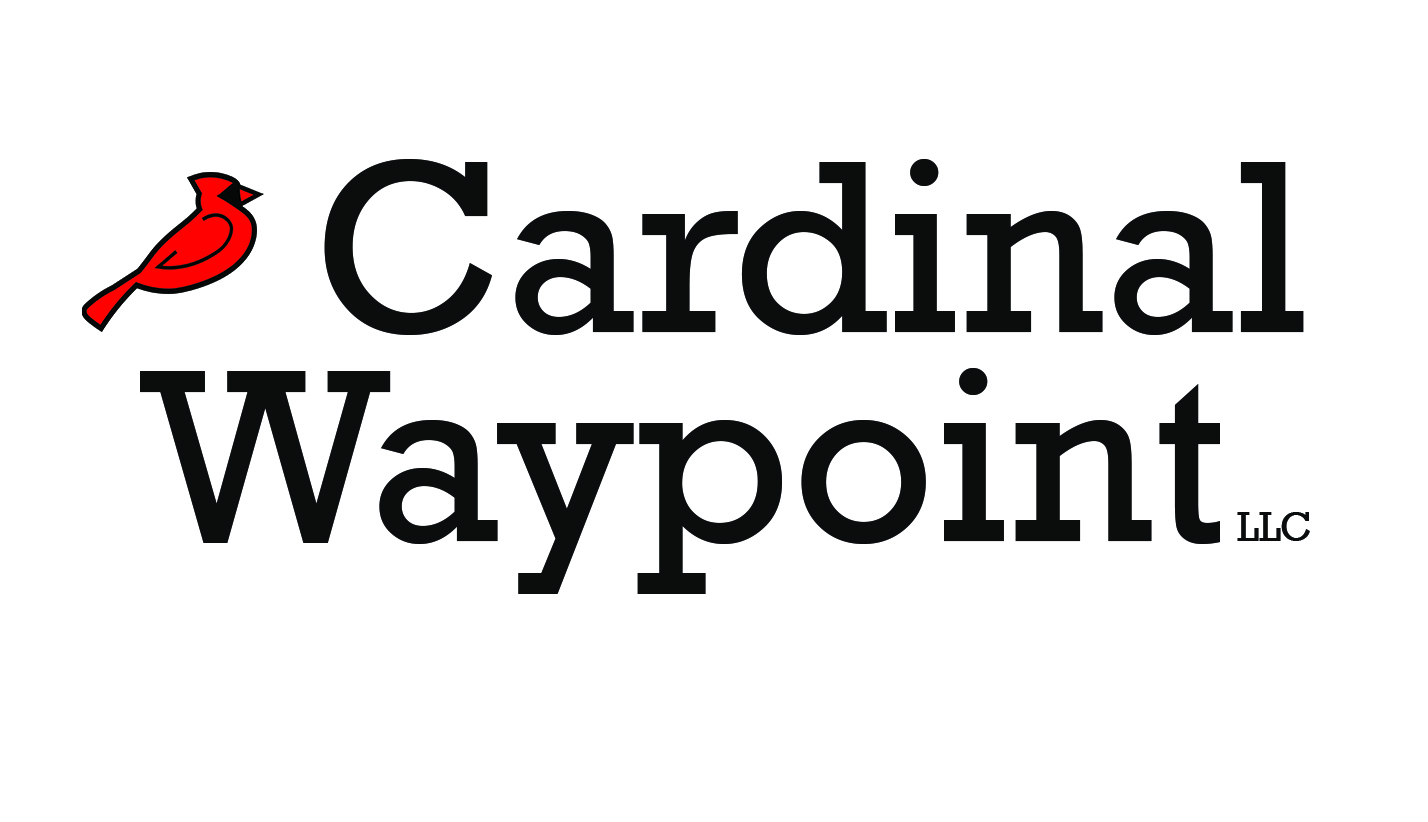When the state of the union is rattled
A billionaire, another billionaire and a huge investment company propose to remake health care. And an industry accustomed to change from Washington and state capitals is now confronting new change from the marketplace itself.
What does your organization do when a significant new entrant, a significant new policy or policy opportunity, tilts the field?
In this instance, three companies, digital distribution titan Amazon, insurance and holding conglomerate Berkshire Hathaway and investment colossus JP Morgan Chase & Co., have shaken the health industry by just appearing on the same news release.[1] “The ballooning costs of health care act as a hungry tapeworm on the American economy,” Berkshire chairman Warren Buffett said – and not for the first time.[2] And so they intend to collaborate with a new company yielding health care design and delivery “free from profit-making incentives and constraints” for their 1.1 million employees in the U.S.
Nor is there evidence these three companies, whose market capitalizations exceed $1.6 trillion,[3] have any reason to stop their health care innovation at their company water coolers. Health stocks got rocked the day the news was announced, with big health plans fielding the biggest first day thump.
Health industry stakeholders are now saying, “now what?”
The “what” is significant new money and attention is about to be invested in an industry that has grown faster than the economy for decades, increased prices to employers and consumers, somehow evaded much of the information technology revolution, advanced policy to its advantage, and yet serves an American population that is living less long and less well than citizens of other industrialized nations.
· Where are health costs and affordability in your strategy and communications? Policymakers at every level, and purchasers of health care services from large employers to individuals, all are laser-focused on costs and value in health. Costs are also significant drivers of concern with access to care and with disparities in health and health care delivery. Not that every idea claiming to reduce health costs is worth its salt; a forum Health Affairs and the National Pharmaceutical Council (NPC) are co-hosting February 1[4] will take a sharp eye to the evidence.
· What is the evidence supporting your strategy? In this dynamic marketplace, the same old stories cannot be expected to work unless their foundation is strong and evidence is current.
· Have you identified and made plans to counter all the barriers and risks to your strategy? Wishing them not to happen is a strategy in itself. It’s not the one I’d choose.
· Are your key stakeholders sufficiently informed and energized about your strategy and its benefits so that they can act in your favor? Mind you, the mindshare each stakeholder has devoted to your organization and its strategy may be modest at best. But just because you are persuaded about your strategy’s benefits under duress does not require others to be persuaded as well.
Of his new venture, Amazon CEO Jeff Bezos said, “Success is going to require talented experts, a beginner’s mind, and a long-term orientation.”
In a national health care sector whose annual expenditures top $3.4 trillion and 18% of U.S. GDP, the formula for success is no truer for him than for anyone else.
So when the state of your own union is rattled, innovate to combat costs, improve quality, strengthen access and reduce disparities. Test your evidence. Counter your challenges. Communicate. And go.
Frank Talk is a product of Cardinal Waypoint LLC, a new consultancy for health policy and leadership. Contact me here.
[1] News release. Amazon, Berkshire Hathaway and JPMorgan Chase & Co., to partner on U.S. employee healthcare. Seattle, Omaha and New York, Jan. 30, 2018. https://www.businesswire.com/news/home/20180130005676/en/Amazon-Berkshire-Hathaway-JPMorgan-Chase-partner-U.S. Retrieved 1/30/2018.
[2] Googling “Buffett healthcare tapeworm” yields 34,000 results. Also see James F. Warren Buffett: Health care bill needs redo focused on costs. The Two-Way, National Public Radio, Washington, DC, March 1, 2010. https://www.npr.org/sections/thetwo-way/2010/03/warren_buffet_health_care_bill.html?print=1. Retrieved 1/30/2018.
[3] $692 billion for Amazon, $531 billion for Berkshire Hathaway, $400 billion for JPMorgan Chase & Co., as of 1/31/2018.
[4] Health Affairs and NPC Forum on Health Spending: Tackling the Big Issues. National Press Club, Feb. 1, 2018. http://www.npcnow.org/event/health-affairs-and-npc-forum-health-spending-tackling-big-issues. Retrieved 1/30/2018.
